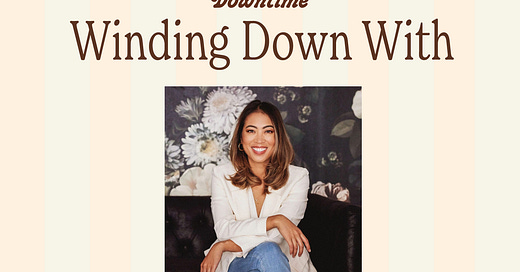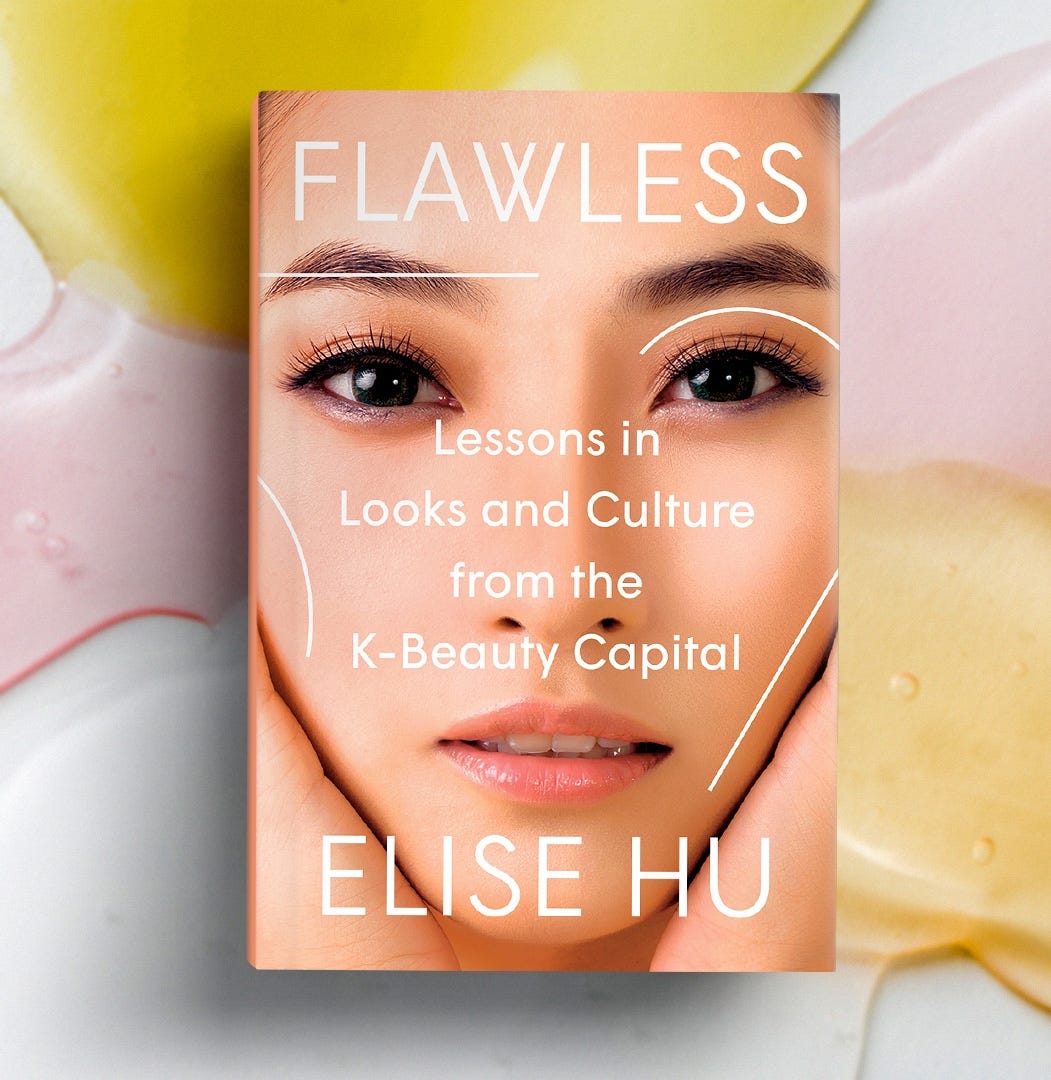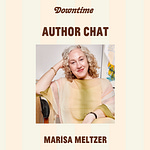Welcome to Winding Down With, a new interview series where interesting people share what’s making them happy in their downtime and how they find balance in their busy lives.
The full audio chat is available for paid subscribers. If you’re already a paid supporter, thank you so much! If you’re not, sign up here for the paid tier for access to audio posts, the comments section, the book club, and more.
You can’t visit a Sephora or any other online or IRL beauty retailer these days without stumbling into a whole aisle of Korean beauty products. The Korean beauty industry is known for innovating far beyond other manufacturers, from the "10-step" skincare routine to CosRX snail essence—one of the most-purchased beauty products on Amazon of all time. While it’s got many fans globally (myself included), one could argue that K-Beauty has a bit of a dark side, too.
Seoul is sometimes called the “plastic surgery capital of the world,” and tourists flock to the city each year for beauty tourism. The beauty standards placed on Korean women are intense and varied. The government pours money into the industry, due to its success, creating an endless cycle of superficial “problems” to “fix” with products and procedures.
The origins of the booming K-Beauty industry and its societal and global impact are on fully display in Flawless: Lessons in Looks and Culture from the K-Beauty Capital, recently published by Elise Hu, a longtime NPR reporter who was their founding Korean bureau chief. As a half-Korean woman who grew up in Seoul in the 90’s and early aughts, I’m well acquainted with K-Beauty, albeit it was on the earlier side of the boom. Naturally, I was pumped to chat with Elise about how her own experiences shaped her book.
Our chat highlights the fascinating complexities of beauty standards in South Korea (like the coveted “V” face shape and “porcelain skin”), the impact of the booming K-Beauty industry, how tech plays into all this, the broader societal implications of appearance-related expectations, and how ajummas (older Korean women) just might have the secret key to more affirmative beauty standards.
You can listen to our full conversation on audio at the top of this newsletter (for paid subscribers, with a teaser excerpt for free subscribers too), plus read a few highlights from Elise below. We’re also giving away five copies of Flawless to Downtime readers. Paid subscribers will be automatically entered into the giveaway, and we’ll announce a winner next week. Enjoy! –Alisha
What inspired you to write your book, Flawless?
It was unfinished business! South Korea is in so many ways the future when it comes to entertainment and cultural content, technology, and body modification. At the same time, when I lived there I noticed so much gender disparity, viscerally felt the pressure of beauty ideals (and the costs of opting out), and only got to peripherally pay attention to the growing women's rights movement in the country. I wanted to read about all these threads in a single book and it didn't exist yet, so I ultimately wrote one.
What’s one big takeaway you want readers to have from the book?
Something that we should remember is that beauty and appearance aren't the same thing, and we so often easily conflate the two. I think of beauty in the same way that I think of truth or love, as a concept that's really spiritual. It's something that we look for in art, for example, but these days, because of the makeup, skincare, and cosmetics industry, we end up conflating beauty and appearance. I think it's really important that we go out into the world and remember that beauty and appearance are not the same.
Have you watched or read anything that’s shaped your perspective on work and play lately?
I am such an evangelist for a book called 4,000 Weeks: Time Management for Mortals by Oliver Berkman. It sounds like it's a book about time management, but it's actually a philosophical take arguing against a bunch of optimization and productivity hacks. I think about it all the time.
Listen to this episode with a 7-day free trial
Subscribe to Downtime to listen to this post and get 7 days of free access to the full post archives.









